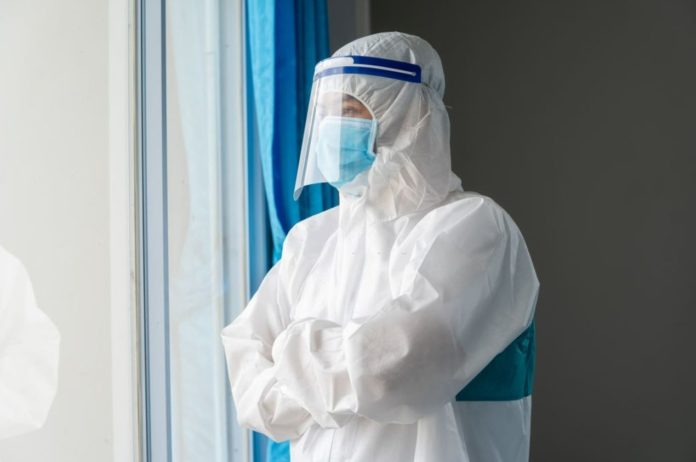This new study might help explain why some long COVID patients who never had heart problems experience breathlessness.
COVID-19 patients who still have trouble breathing a year after they get better from the infection may have had heart damage, a small study says.
“The findings could help to explain why some patients with long COVID still experience breathlessness one year later and indicate that it might be linked to a decrease in heart performance,” says study author Dr. Maria-Luiza Luchian.
There is growing evidence of cardiovascular complications caused by COVID-19, as well as long-term symptoms such as dyspnoea (shortness of breath), referred to as chronic COVID. This study sought to determine whether subclinical cardiac abnormalities were more common in long-term COVID patients with dyspnea, potentially explaining the cause of their symptoms.
The research involved 66 patients without a history of heart or lung disease who were admitted to University Hospital Brussels with COVID-19 between March and April 2020. Spirometry and chest computed tomography were conducted one year following hospital discharge to assess lung function and potential COVID-19 sequela. Cardiac ultrasonography was used to examine heart function, and it incorporated a new imaging technique known as myocardial work, which provides more detailed information on heart function than prior methods.
The average age of the participants was 50, and 67 percent of them were men. Over the course of a year, 23 patients (35 percent) experienced shortness of breath while exerting themselves.
After controlling for age and gender, the researchers looked at the relationship between imaging measures of heart function and shortness of breath after a year. The study found that abnormal heart function was associated with persistent breathlessness. Cardiac imaging demonstrated lower cardiac performance in patients with compared without dyspnoea one year after COVID-19 hospitalization.
Dr. Luchian added: “Our study shows that more than a third of COVID-19 patients with no history of heart or lung disease had persistent dyspnoea on effort a year after discharge from hospital. When looking in detail at heart function by cardiac ultrasound, we observed subtle abnormalities that might explain the continued breathlessness.”
She concluded: “Myocardial work could be a new echocardiographic tool for early identification of heart function abnormalities in patients with long COVID-19, who might need more frequent and long-term cardiac surveillance. Future studies including different COVID-19 variants and the impact of vaccination are needed to confirm our results on the long-term evolution and possible cardiac consequences of this disease.”
Image Credit: Getty
You were reading: Trouble breathing could be a sign of heart problems in long COVID patients, study finds
